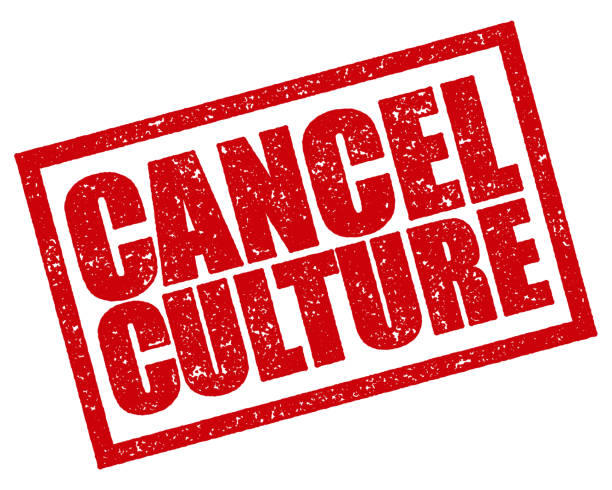TV has been around so long that it’s old enough to be a millennial’s grandparent, yet it still remains the subject of such divisive topics like racism, misogyny, and classism. Of course movies and shows of all kinds willingly delve into those topics, so it’s no surprise that they attract all sorts of opinions.
Of course opinions are like organs. Everyone has one and they’re all different, yet the same in some way. In an ideal world that would be the end of it – but unfortunately some opinions stink. If you’ve been on the internet for at least an hour, then you’ve probably heard of terms like “cancel culture”, “woke”, DEI (Diversity Equity and Inclusion), and many other buzzwords.
Now the internet is always rife with buzzwords, that much is obvious. However, these ones are particularly important as they tend to be huge red flags when mentioned in a negative way. Starting with “cancel culture”, this term regained popularity during the height of the COVID-19 lockdown.

YW Boston
A collage of “DEI” article headlines.
The internet is known for running on scandal and drama, and with a sharp uptick of online activity thanks to the quarantine, the arguments soared. While cancel culture did have positive effects, it also made already tense online spaces into toxic brawls over what amounted to different political beliefs, many of which won’t change when confronted.
The problem with the term “cancel culture” is it implies a complete shutdown of someone’s reputation. While this is a justified fate for certain horrific offenders, it’s a little extreme for other lesser circumstances. Of course, the main issue is the backlash whenever someone was “canceled”. To be more specific, the backlash from more reactionary online users was often nonsensical and outright offensive.
The problem with cancel culture is the name. No one is getting “canceled”. People aren’t TV shows that can just be taken off air, and they certainly aren’t written by someone else. What’s really happening is either online debates that turn into vicious arguments and doxxing, or book bans and allowing teachers to be sued for teaching students sexual education.
If you challenge these attempts at censoring knowledge and education, they claim “it’s woke”, so obviously it must be silenced. What does woke even mean? This wikipedia link will tell you, but it doesn’t matter much because to the people who cry about it often, it changes every time you ask.
Homosexuality is woke, women are woke, people of color are woke. It depends on the situation, as the reality is it’s a codeword for people colloquially known as “grifters”. Grifters try to manufacture outrage to draw in extremist right wingers for clout. They’ll hop onto the newest thing, make a big fuss, and attract people who feel disenfranchised with bad faith criticism.

Sweet Baby Inc. Bulletin Board
The newest target of grifter rhetoric, Sweet Baby Inc.
After attacking video game consultation and narrative development studio, Sweet Baby Inc., grifters latched onto a concept known as DEI. The point of DEI is to discourage shunning employees for things like ethnicity and sexual identity, yet somehow even that is considered bad. Even worse, DEI is now used as a racist dog whistle, which only encourages toxicity and hostility.
Getting to the heart of this, everything is criticized for being “DEI” or “woke” or somehow everything is Sweet Baby Inc.’s fault. It’s tiring, and the reality is this is all a covert attack on minorities, disguised as outrage toward corporate meddling. While corporations are no saints, not everything is woke, and the obsession has led to the harassment of real people.
Even now, innocent people are caught up in harassment campaigns because they’re a part of a so-called “DEI” project. Shows like “Owl House” and and movies like “Buzz Lightyear” were viciously ridiculed for portraying LGBTQ+ relationships and characters in a positive light, which really makes one wonder what the goal is?

